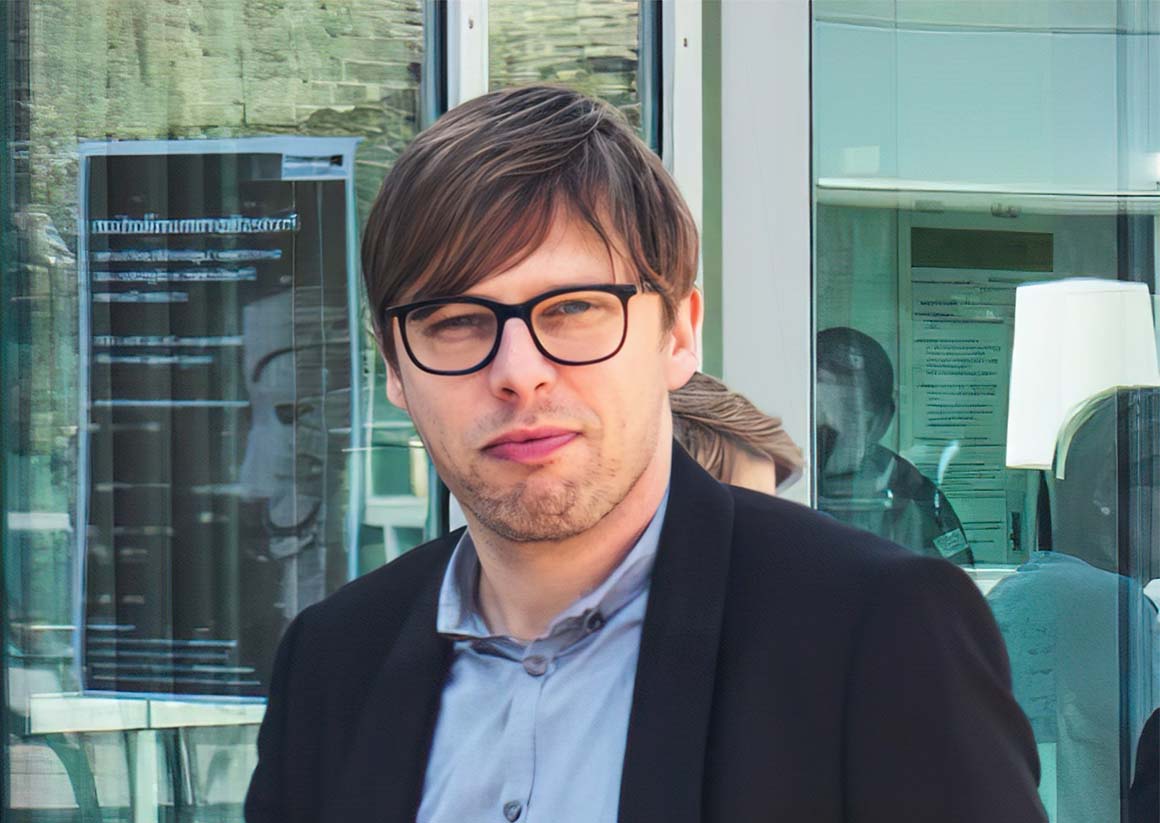Legal Machines and Rationalization Entrepreneurs: Control Practices in the Digitalization of Law and Administration
The extent to which formality is able to programme decisions in law and administration has occupied reflections on such processes since the nineteenth century. However, sociologists interested in organizations, law, or administration have long demystified notions of the judicial subsumption automat or the administrative machine: law and administration do not function like trivial machines. Similarly, demystifying results are now also available for digitization—again, a matter of transformation into formality: Judges stick to their preconceptions and framings, even if standardized algorithmic scores (eg, on recidivism) recommend the opposite. In public administrations, new processes are adapted to existing routine—and not vice versa.
My central thesis is: With all the demystification, the role of ‘rationalization entrepreneurs’ has been neglected. Such entrepreneurs persistently work in translating decision-making processes from the implicit to the explicit, from the analogue into the digital—and leave their mark. Independent or contracted training or consulting organizations are conceivable as rationalization entrepreneurs. Examples of such enterprises and their projects conclude this presentation.
